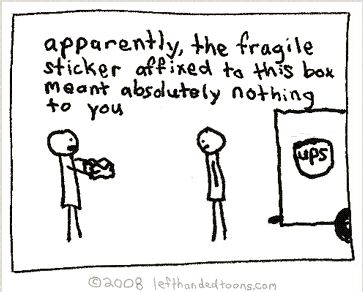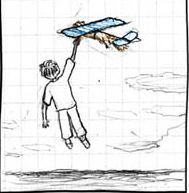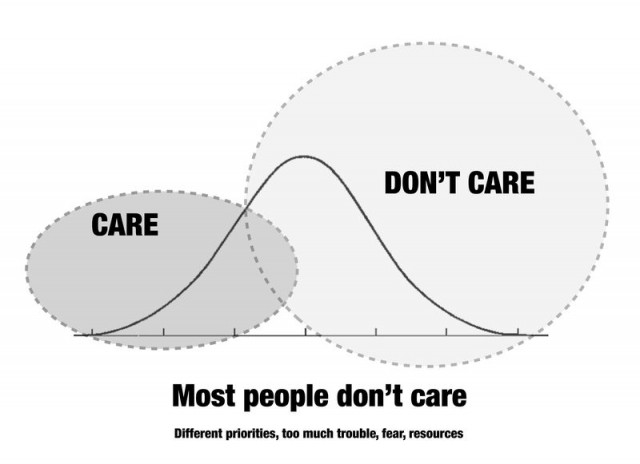I was not familiar with the work of Neil Gaiman.
Wildly interesting hues of creative fire shooting in all directions – that’s how I’d describe his work. His commencement speech teases the free artist in all of us – kids, executives, entrepreneurs or kings. How does it matter how you label yourself – as long as you simply do whatever it is you are supposed to be doing / want to be doing.
(If you want to skip the video, just read his 10 “commandments” below).
Truth or Dare. Really…
- Accept that you don’t always know what you’re doing. And don’t listen to anyone who says there are rules and limits.
- If you know your calling, go there. Stay on track. Keep moving towards it, even if the process takes time and requires sacrifice.
- Learn to accept failure. Know that things will go wrong. Then, when things go right, you’ll probably feel like a fraud. It’s normal.
- Make mistakes, glorious and fantastic ones. It means that you’re out there doing and trying things.
- When life gets hard, as it inevitably will, make good art. Just make good art.
- Make your own art, meaning the art that reflects your individuality and personal vision.
- Now a practical tip. You get freelance work if your work is good, if you’re easy to get along with, and if you’re on deadline. Actually you don’t need all three. Just two.
- Enjoy the ride, don’t fret the whole way. Stephen King gave that piece of advice to Neil years ago.
- If you have problems getting started, pretend you’re someone who is wise, who can get things done. It will help you along.
- Leave the world more interesting than it was before.
PS: I first discovered Gailman through Open Culture. It’s a fabulous portal. Highly recommend it.




 What interests me is helping sharp, intelligently curious people overcome barriers that may be keeping them from achieving more. Passion and boldness can make the art and science of leading easier to navigate. So, have fire; feel with your brain; don't be afraid.
What interests me is helping sharp, intelligently curious people overcome barriers that may be keeping them from achieving more. Passion and boldness can make the art and science of leading easier to navigate. So, have fire; feel with your brain; don't be afraid.
